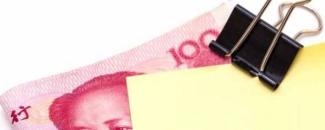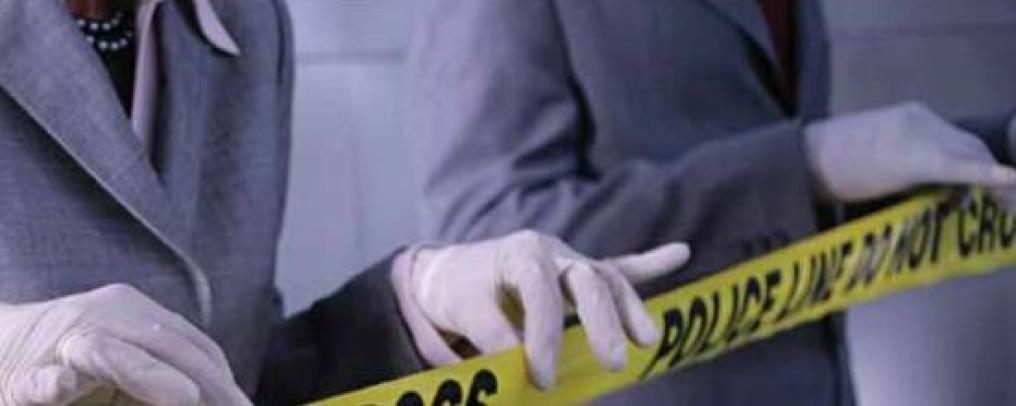A recent decision of the Court of Final Appeal clarifies the law relating to suspected anti-money laundering cases in Hong Kong.
In November 2014 the Court of Final Appeal (CFA) quashed a conviction by the Court of Appeal in a money laundering case. The CFA reinterpreted the money laundering offence under the second limb of Section 25(1) of the Organised and Serious Crimes Ordinance (OSCO) where the accused has no actual knowledge of the underlying crime.
In HKSAR v Pang Hung Fai, it was accepted that the appellant, Mr Pang, had no actual knowledge that he was laundering the proceeds of an indictable offence. Nevertheless, the lower court convicted him on the alternative basis of liability, namely, that he had 'reasonable grounds to believe' that he was dealing with the proceeds of an indictable offence.
In quashing his conviction, the CFA considered the facts and matters put forward by Mr Pang and, more importantly, Mr Pang's own perception and evaluation of those facts and matters. In contrast, the lower court had failed to take into account Mr Pang's perception and evaluation of the facts, instead preferring an overly complicated 'subjective/objective' test involving an abstract 'reasonable person', as previously adopted by the Court of Appeal.
The CFA also observed that, as a serious criminal offence, the mens rea (guilty mind) element is significant and the standard applied by the Court of Appeal was inappropriately low given the context of an indictable offence. The lower court had adopted a 'could believe' test, whereas a 'would believe' test was more appropriate. The CFA suggested an alternative formulation of the two mental elements of the offence under Section 25(1) to be understood as 'knew or ought to have known'.
Background
Mr Pang, the appellant, assisted his friend and business associate, Mr Kwok, by allowing around HK$14 million to be transferred from two Mainland individuals into Mr Pang's company accounts and then remitted to a company controlled by Mr Kwok, at Mr Kwok's request. Unknown to Mr Pang, the HK$14 million represented the proceeds of a fraud committed by Mr Kwok, who subsequently disappeared. Mr Pang and Mr Kwok had been close friends and business associates for 30 years. Mr Pang was the owner of a successful garment business of reasonable size, whereas Mr Kwok was the chairman and major shareholder of a listed company with large-scale operations in several countries. They had, in the past, helped each other with unsecured, interest-free loans on occasion when cash flow difficulties arose. When asked by Mr Kwok to help out with the HK$14 million at issue, Mr Pang did not ask for any reason.
The prosecution asserted that Mr Pang had reasonable grounds to believe that the property represented the proceeds of an indictable offence on account of the factual circumstances and substantial sum of money involved.
Mr Pang's case was fundamentally that, on entirely reasonable grounds, he had trusted Mr Kwok implicitly and had no reason to suspect that the money remitted to his account had anything to do with any criminal offence.



